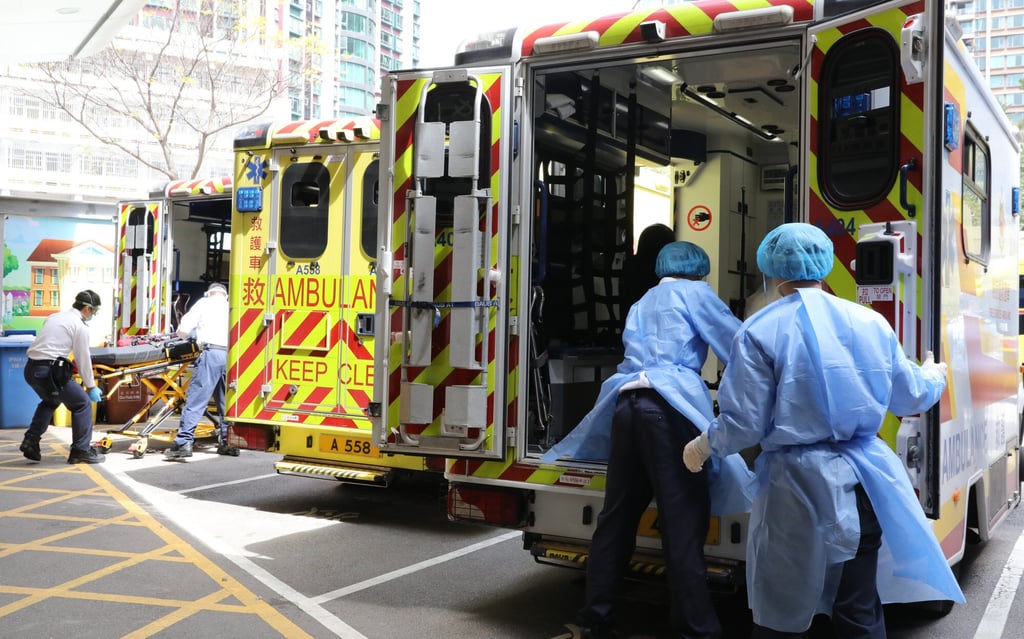Hong Kong now has the world’s highest Covid-19 death rate. What happened, and how can this be fixed?
- Focus falls on elderly population, with calls for government to streamline procedures and channel resource to vulnerable, undervaccinated demographic
- But experts also caution against reading too much into the statistics, as other factors such as age segments and unaccounted infections should be considered

Deaths from Covid-19 complications in Hong Kong have been crossing the 100 mark daily over the past four days such that the city now has the world’s highest fatality rate for the coronavirus, mostly among undervaccinated elderly residents.
Authorities said they were funnelling more resources to senior patients, particularly those from care homes that had been ravaged by infections, but according to experts the measures were still too slow to come on stream and they warned that more grim statistics lay ahead.
They suggested instead that certain treatments such as intravenous medication could be performed directly in care homes, short-circuiting cumbersome rules that existed. Several also called on the government to speed up the process of sending elderly patients to temporary isolation or care facilities to lower cross-infection risks, as well as to vaccinate seniors who had not yet caught Covid-19.

According to database Our World in Data, the seven-day rolling average of Covid-19-related deaths per 1 million people in Hong Kong was 17.8, topping the global chart as of Thursday. Latvia came in second, with 10.71, and Georgia ranked third at 9.05.
Hong Kong’s rate based on this overall calculation was much higher than that of some developed nations.
For example, the mark in South Korea was 2.22, Singapore’s was 1.94, and Britain 1.67, although experts cautioned other factors such as an ageing population and low vaccination rates ought to be factored in. Doing so – such as breaking the figure down by age bands – could present a more accurate picture of fatalities.